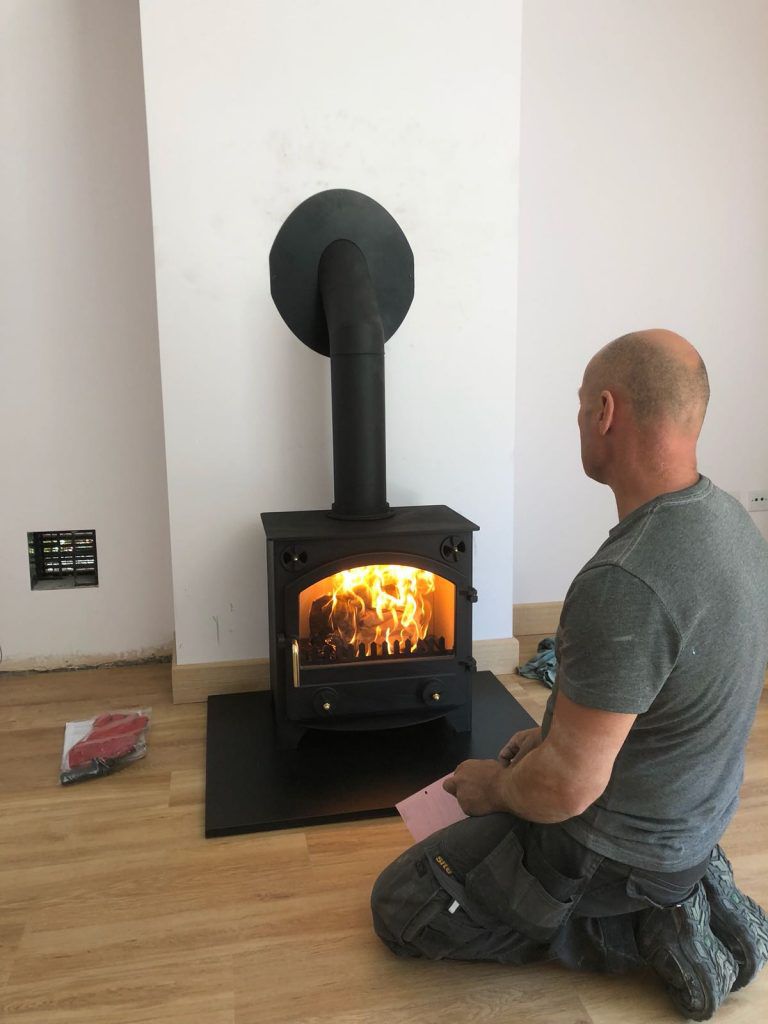Regarding upgrading your kitchen with a new stove, it may seem daunting. Homeowners face a myriad of choices, from choosing the right type of stove—be it gas or electric—to confirming that the installation meets safety standards and local codes. This is where a stove installation specialist becomes indispensable. However, not all specialists are made equal, and checking their credentials is crucial to ensure that your new appliance is installed safely and effectively.
In this guide, we will lead you through the critical steps to confirm the credentials of your stove installation specialist. We will touch on what qualifications to look for, the significance of checking local permits and codes, and why expertise in both gas and electric stove installations matters. By taking the time to ensure that your specialist is properly certified and experienced, you can enjoy confidence knowing that your stove installation will not only enhance your kitchen but also adhere to safety and performance standards.

Comprehending Cooktop Installation Choices
As it pertains to installing a new stove, homeowners have various options to think about, which mainly focus around the category of energy source they choose. Log Burning stove installation and electric stoves are the most prevalent options, each with their distinct pros and drawbacks. Natural gas stoves often provide instant heat control and are favored by many cooking fanatics for their accurate temperature management. On the other hand, electric stoves offer ease of use and cleaner installation, as they usually do not need exhaust systems or gas connections considerations.
One more increasingly widespread option is induction cooktops, which operate using magnetic energy to heat pots and pans instantly. This technology allows for quick heating and is known for being eco-friendly. However, it does demand specific cookware that is appropriate with magnetic cooking. Homeowners should weigh their cooking preferences and requirements when determining which type of stove installation best their requirements.
Understanding the installation prerequisites for each kind of stove is vital. Natural gas stove installation involves ensuring adequate ventilation and assessing whether a gas line refinement is necessary, while electric stove installation may need evaluating if your kitchen needs an electrical enhancement. Checking local stove installation regulations and permits is also crucial, as these requirements differ by region and can impact the installation method.
Safety and Compliance Factors
When choosing a stove installation expert, security and compliance should be at the center of your considerations. Ensure that the professional is licensed and has the proper credentials to handle the specific type of stove you are putting in, whether it be gas or electric. This certification ensures they are knowledgeable about state codes and regulatory requirements that must be followed during installation. A trained installer should also be familiar with the current regulations concerning gas lines, electrical wiring, and ventilation requirements to prevent any hazards in your home.
In also to confirming credentials, ask about the particular safety protocols the installer follows. A reputable stove installation expert should conduct thorough checks to avoid issues such as leaks of gas, improper venting, or electrical overloads. They should also discuss the importance of maintaining proper distances around your new stove, which is crucial for preventing fires and optimal operation. Neglecting to follow these guidelines could lead to hazardous situations that endanger your home and family’s safety.
Finally, always check if your installation specialist is covered and offers warranties on their work. This not only protects you from possible mishaps during the installation but also ensures that you have options should any issues arise later. Covered professionals are often more diligent in adhering to proper procedures and maintaining compliance with regulations. This level of confidence is important for any homeowner looking to invest in a new stove while emphasizing safety and compliance to standards.
Maintenance and Troubleshooting Tips
Consistent maintenance of your cooking appliance is important to ensure its longevity and peak performance. For gas stoves, check the burner heads and covers for any dirt or food buildup that could impact operation. Clean these components consistently with warm soapy water and stay away from using harsh cleaners that can hurt the surfaces. For electricity-powered and induction cooktops, keep the cooking surface clean by wiping it down after each use to prevent food residue from hardening and becoming challenging to remove.
If you see that your gas stove igniters are not working properly, this could suggest a need for cleaning or that they require replacement. Make sure the igniter is dry and free from food particles before trying to light the burner. In the case of electric stoves, a typical issue is inconsistent heating. Ensure that pots and pans are flat and make adequate contact with the burners for even cooking. If problems remain, consider checking the heating elements for wear.
In case your stove faces performance issues, like not heating effectively or inconsistent flames, it is crucial to consult the user manual for problem-solving advice tailored to your model and brand. If self-diagnosis and simple fixes do not fix the issue, do not hesitate to contact a professional technician. Hiring a certified specialist is always recommended to avoid potential hazards, especially when dealing with gas connections or complex electrical connections.
